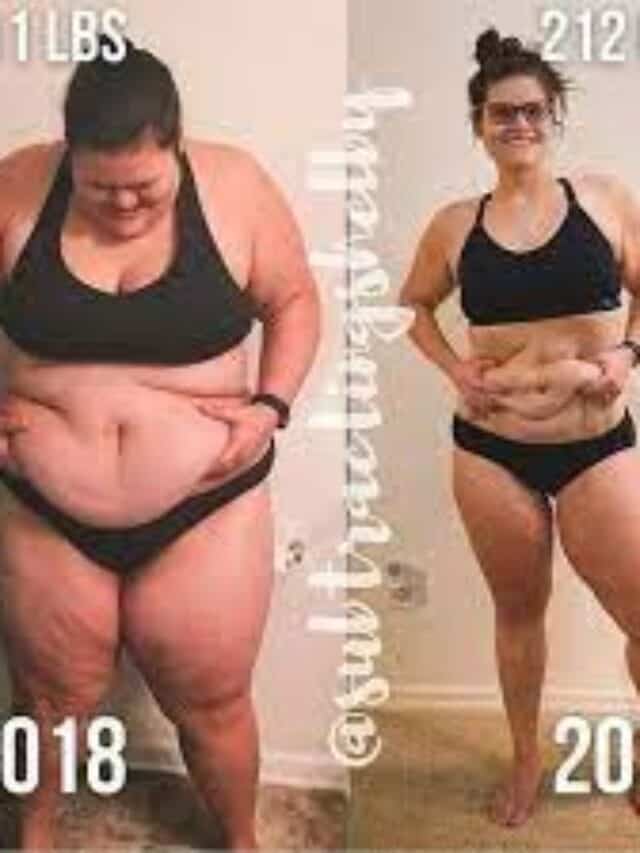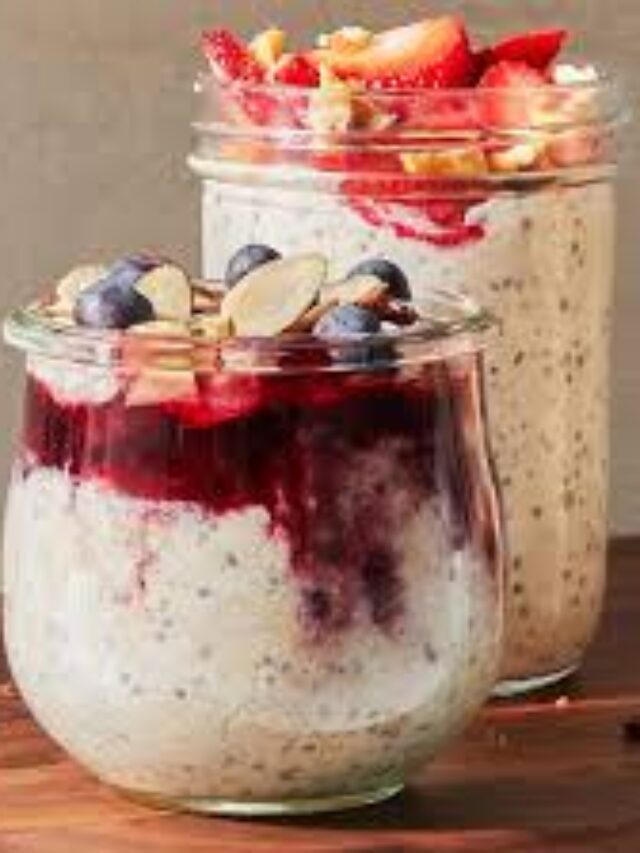Is Weight Loss Possible Without Exercise? Exploring Alternative Approaches to Achieving Your Goals

Introduction to Exercise-Free Weight Loss
For many individuals, the idea of incorporating regular exercise into their routine may seem daunting or impractical. Fortunately, weight loss is still achievable through alternative approaches that prioritize dietary modifications, lifestyle changes, and other strategies. Let’s delve into whether weight loss without exercise is feasible and explore effective alternatives for achieving your goals.
The Role of Exercise in Weight Loss
Caloric Expenditure
Exercise plays a significant role in weight loss by increasing caloric expenditure and promoting fat loss. Physical activity, whether aerobic or strength training, helps burn calories, build lean muscle mass, and boost metabolism, contributing to a negative energy balance essential for shedding excess pounds.
Overall Health Benefits
In addition to its role in weight management, regular exercise offers numerous health benefits, including improved cardiovascular health, enhanced mood, increased energy levels, and reduced risk of chronic diseases such as diabetes and heart disease. Incorporating exercise into your routine supports overall well-being and enhances the effectiveness of weight loss efforts.
Alternative Approaches to Weight Loss
Dietary Modifications
While exercise is beneficial for weight loss, dietary modifications remain the cornerstone of any successful weight loss plan. By focusing on portion control, making healthier food choices, and reducing calorie intake, you can create a calorie deficit conducive to weight loss without relying solely on exercise.
Macronutrient Composition
Adjusting the macronutrient composition of your diet can also influence weight loss outcomes. Emphasizing protein-rich foods, healthy fats, and complex carbohydrates while limiting refined sugars and processed foods can help control hunger, stabilize blood sugar levels, and support fat loss.
Lifestyle Changes
Incorporating lifestyle changes such as improving sleep quality, managing stress levels, and practicing mindful eating can complement dietary modifications and enhance weight loss results. Adequate sleep and stress management promote hormonal balance and reduce cravings, while mindful eating fosters greater awareness of hunger cues and food choices.
Factors to Consider
Individual Differences
It’s essential to recognize that weight loss is highly individualized, and what works for one person may not necessarily work for another. Factors such as metabolism, genetics, medical history, and lifestyle habits can all influence weight loss outcomes, highlighting the importance of personalized approaches tailored to your specific needs and circumstances.
Long-Term Sustainability
While exercise-free weight loss approaches may yield initial results, sustainable weight management requires long-term lifestyle changes. Incorporating regular physical activity, even in moderate amounts, can enhance weight loss maintenance, improve overall health, and prevent weight regain over time.
Conclusion: Finding What Works for You
While exercise is beneficial for weight loss and overall health, it’s possible to achieve weight loss without exercise by focusing on dietary modifications, lifestyle changes, and other effective strategies. By exploring alternative approaches and finding what works best for you, you can achieve your weight loss goals and improve your overall well-being in the process.
If you want to read more information about how to boost traffic on your Website just visit









